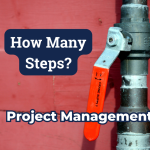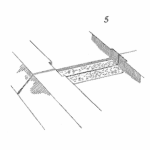
Data-driven decision-making is central to designing and improving products and processes. Professionals are often presented with statistical analyses, with key outputs such as p-values or confidence intervals that indicate whether results are “statistically significant.” However, statistical significance doesn’t always translate into meaningful changes on the shop floor or within a product’s design. Understanding the difference between statistical significance and practical significance is crucial to making well-informed decisions that genuinely impact the business.
[Read more…]










